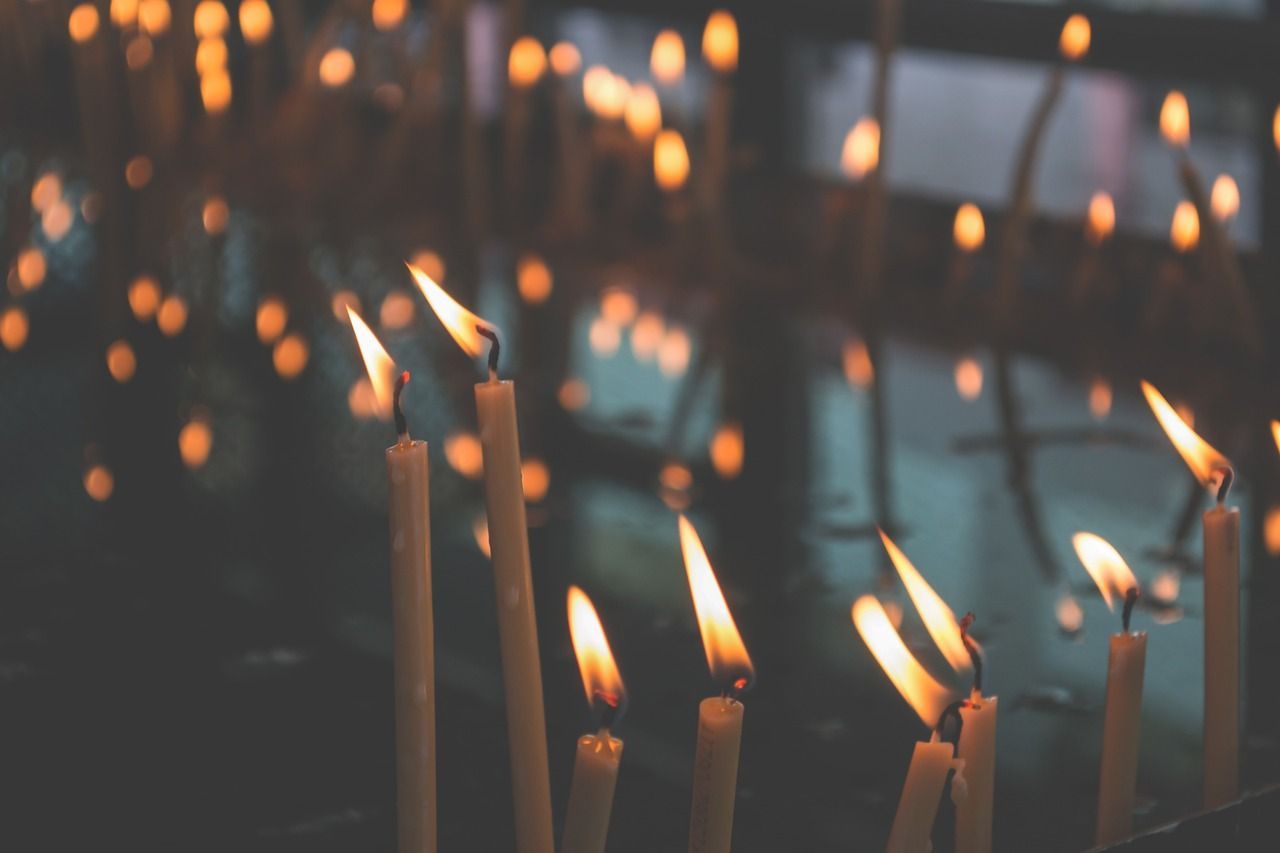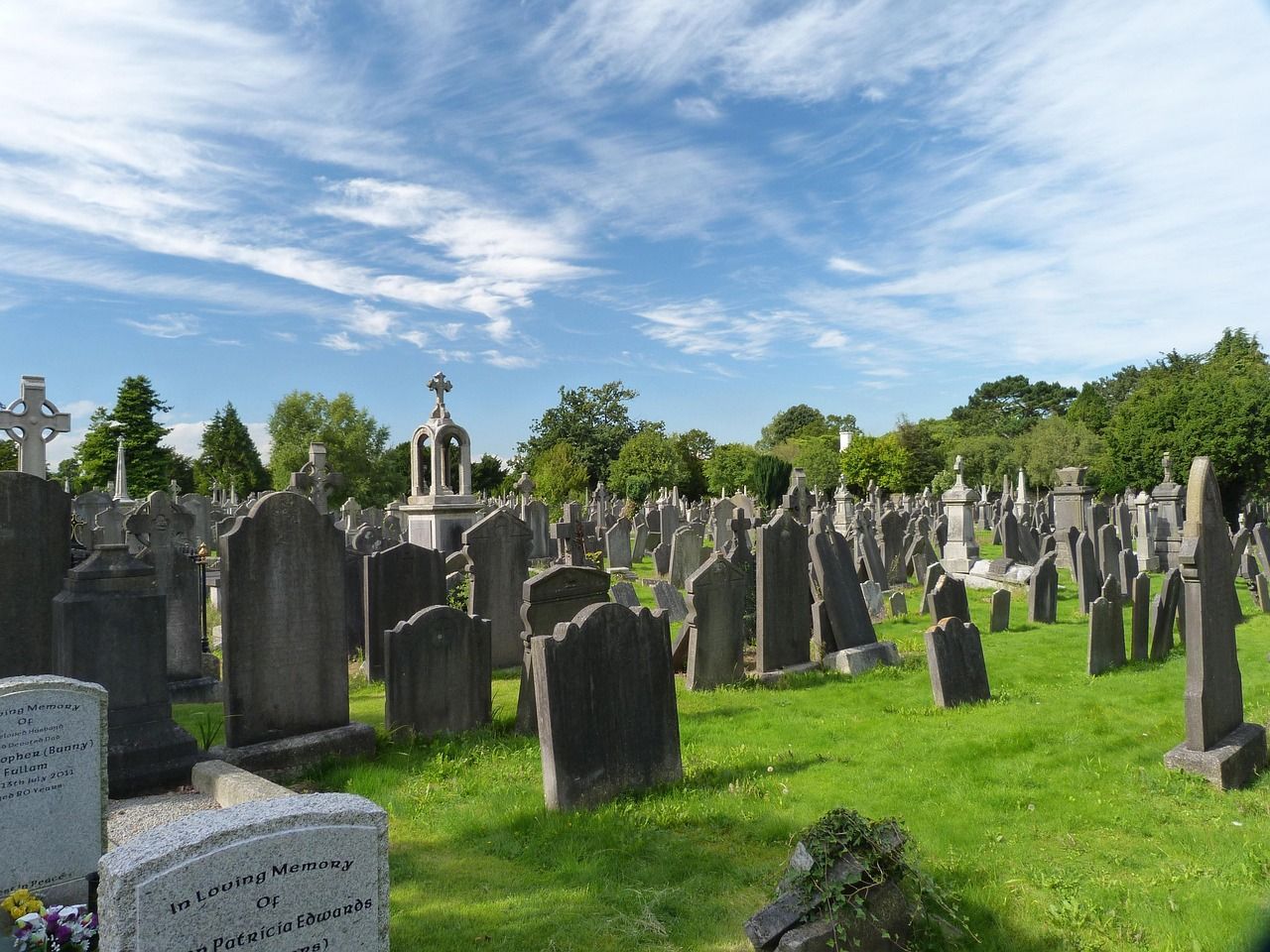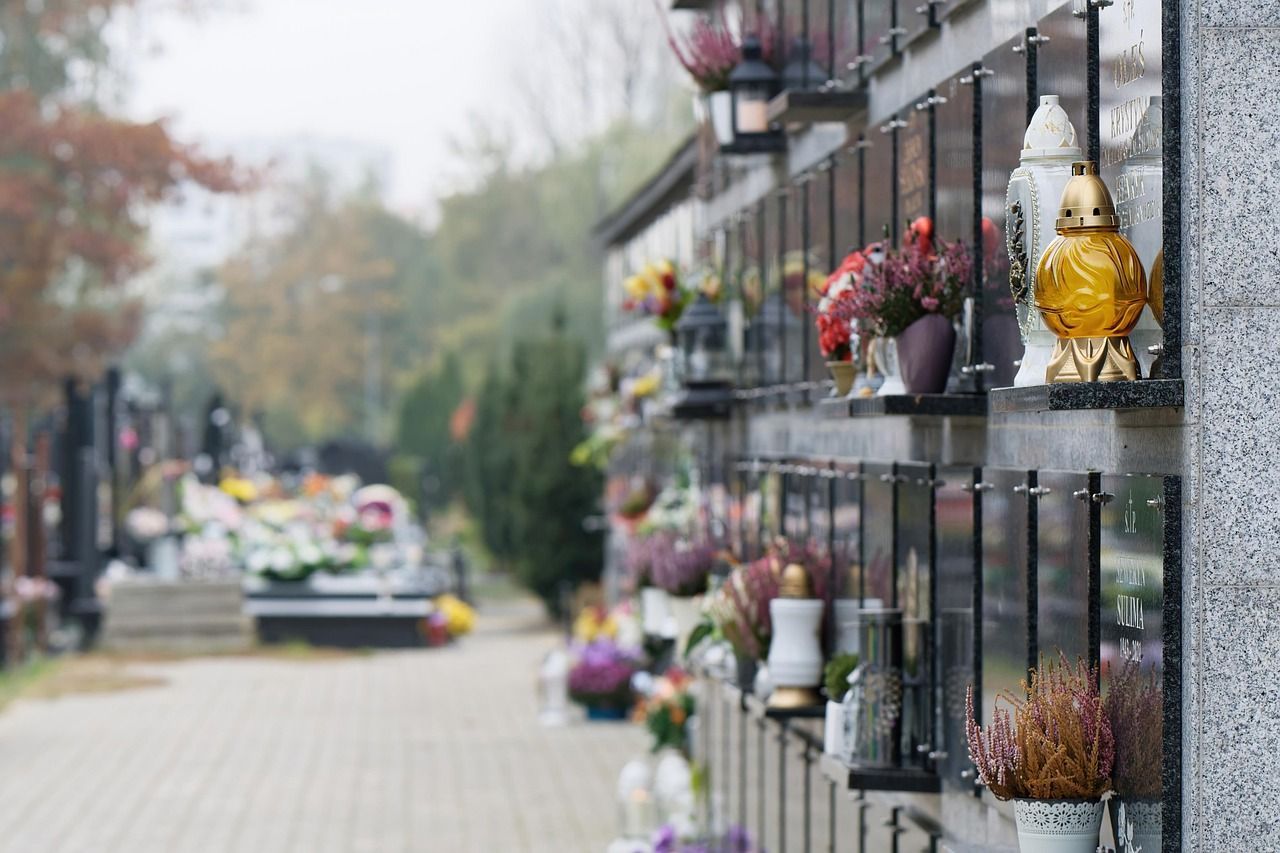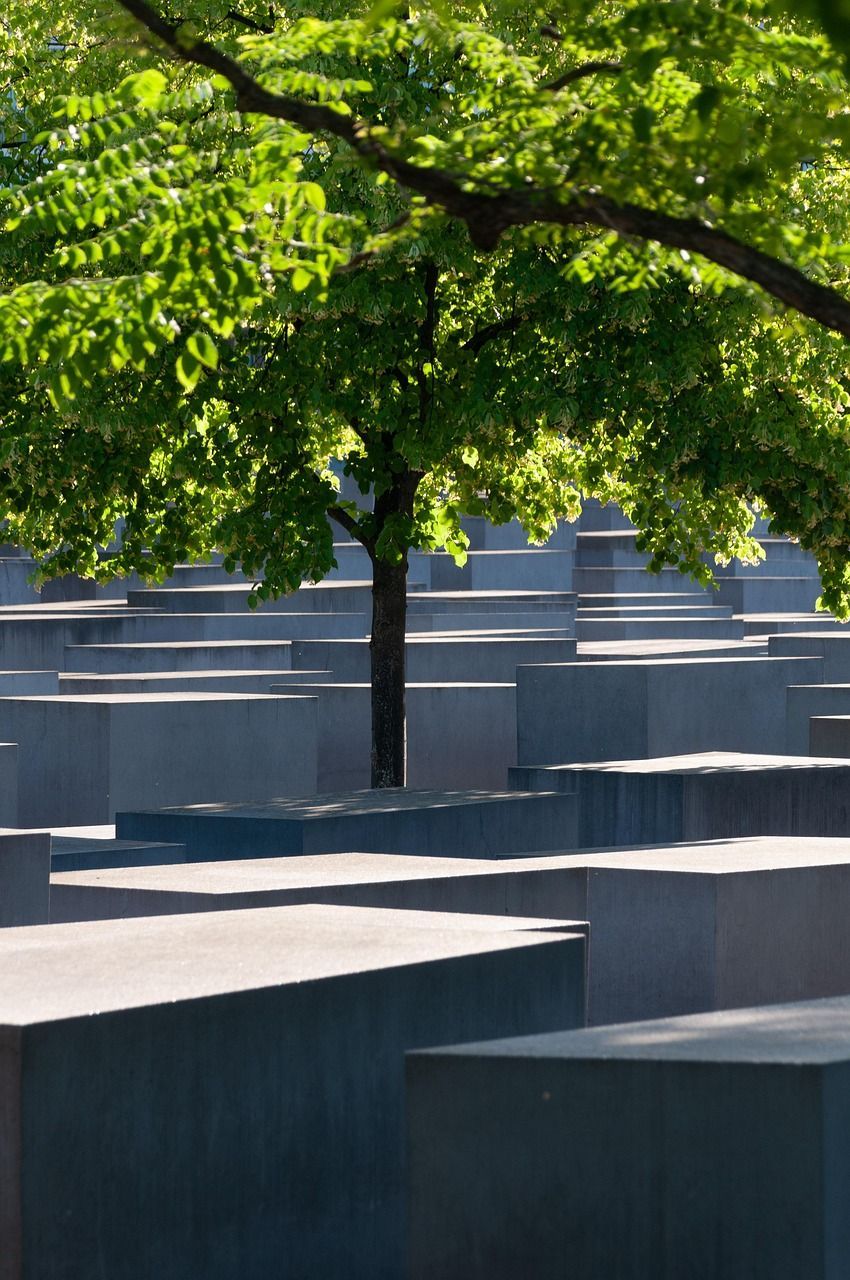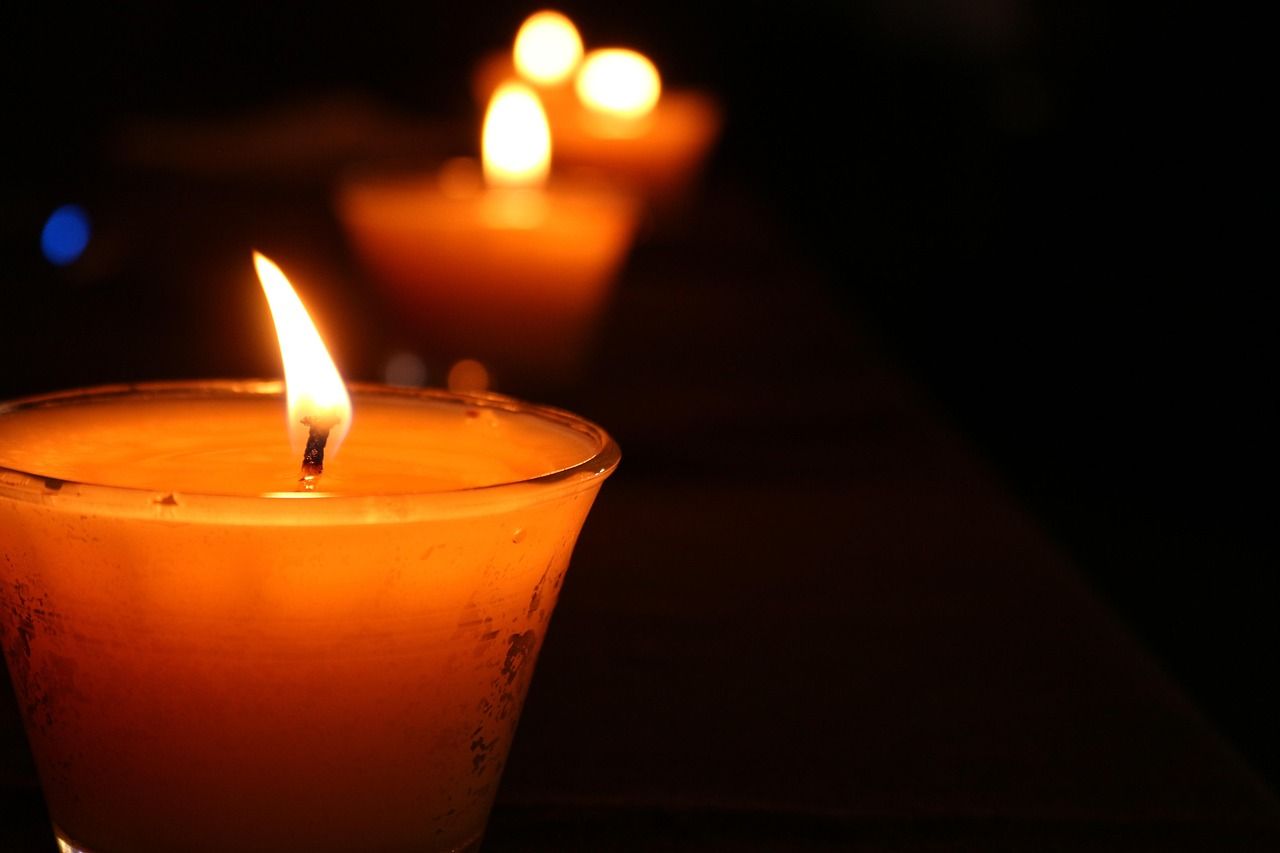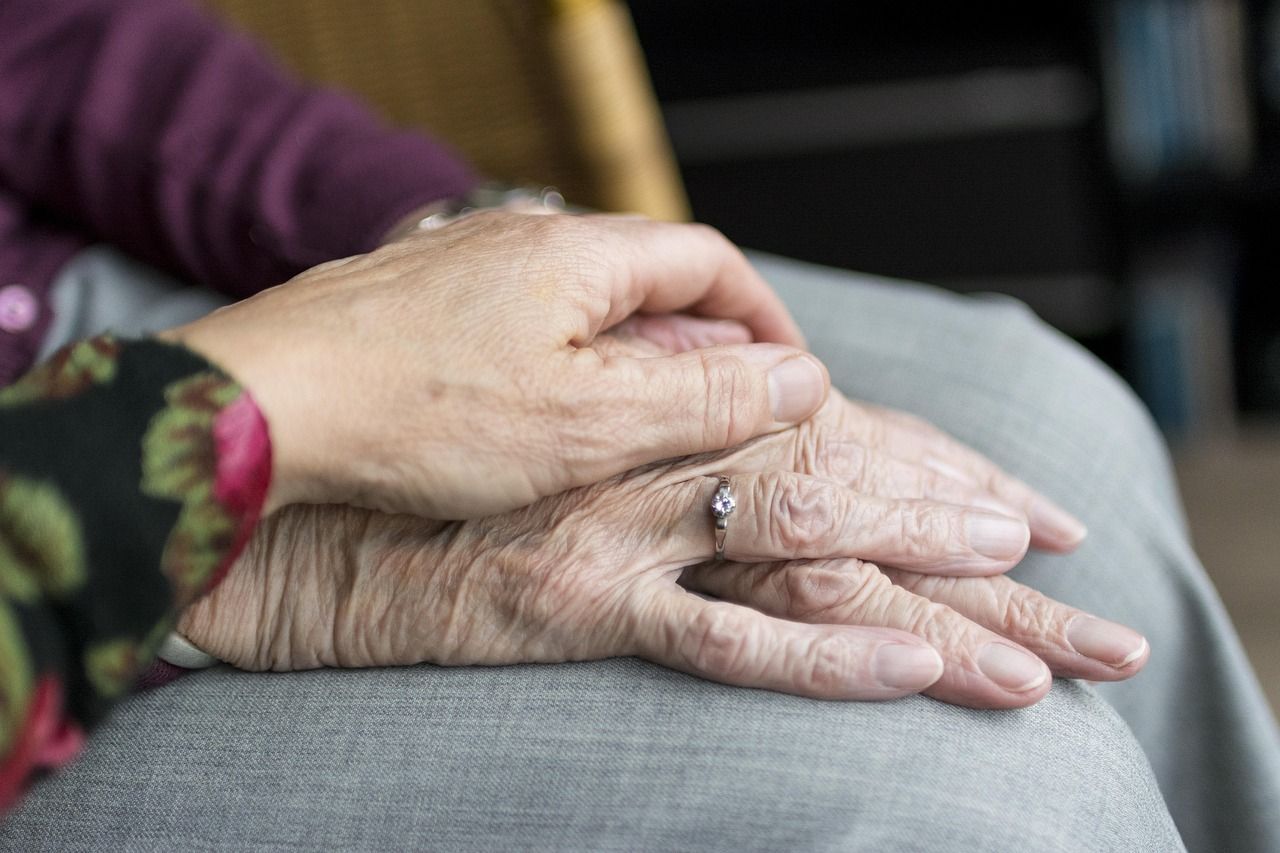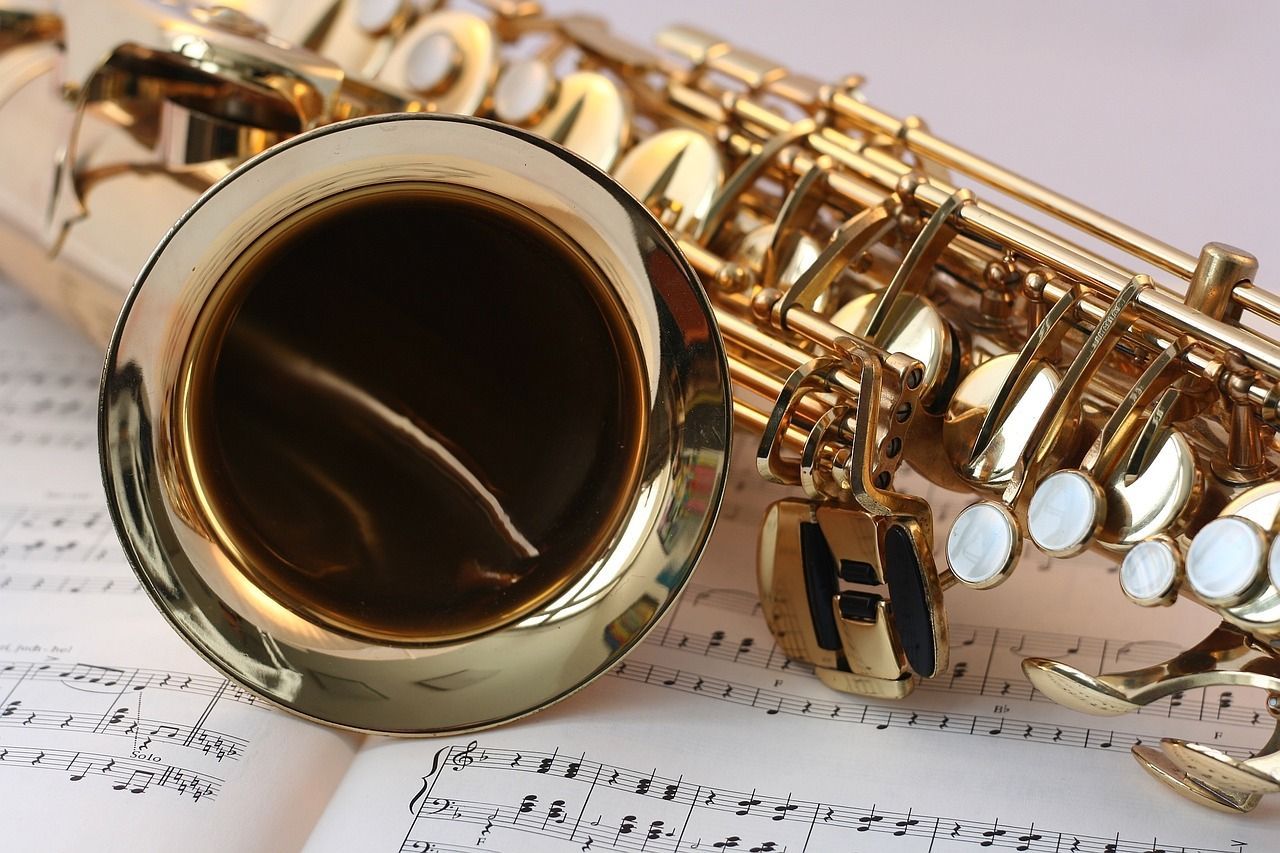Military Funeral Honors: How to Arrange a Veteran's Service
Arranging a veteran's military funeral honors involves coordinating with the Military Funeral Honors Coordinator to guarantee a respectful ceremony. You must select the ceremony details and location, coordinate with honor guard members, and provide necessary documentation to uphold the service requirements. Understanding the symbolism of the flag folding ceremony is vital to honoring the veteran's memory. Post-service etiquette and resources can offer comfort and support during this difficult time. Remember, each step in this process is vital for creating a meaningful tribute to the veteran's service and sacrifice.
Key Takeaways
- Contact the Military Funeral Honors Coordinator for arrangements.
- Coordinate ceremony details, location, and honor guard presence.
- Provide necessary documentation for eligibility verification.
- Personalize the ceremony with military memorabilia and music.
- Understand the symbolism and procedures of the flag-folding ceremony.
Eligibility for Military Funeral Honors
To determine eligibility for military funeral honors, you must meet specific criteria set forth by the armed forces. As a veteran or family member of a veteran, understanding the process is important. Military benefits extend to those who've served honorably in the armed forces and have received an honorable discharge. This veteran status ensures that individuals are eligible for funeral benefits, including the solemn recognition provided by an honor guard.
Funeral eligibility for military honors is typically granted to veterans who've met certain service requirements. These requirements may include the length of service, the characterization of discharge, and other factors that demonstrate dedication and commitment to the military. The honor guard, an important component of military funeral honors, is responsible for performing ceremonial duties such as the folding and presentation of the flag and the playing of Taps. Their presence symbolizes the nation's gratitude for the veteran's service and sacrifice.
As you navigate the process of arranging a military funeral honors service, making sure that the veteran meets the necessary criteria is crucial. By understanding the military benefits available, verifying veteran status, and meeting the service requirements, you can honor your loved one with a dignified and respectful farewell befitting their dedication to our country.
Contacting the Military Funeral Honors Coordinator
When contacting the Military Funeral Honors Coordinator, make sure you provide all necessary information about the deceased veteran's service history and funeral arrangements. Initiating the scheduling process promptly is essential to guarantee the availability of the military honors team.
The coordinator will lead you through any protocol questions you might have, offering clarity on what to expect during the ceremony and how to coordinate with the military representatives.
The coordinator's responsibilities include organizing the military aspect of the service, ensuring that the honors are conducted according to military standards and traditions. If you have any special requests, such as specific readings or musical selections, don't hesitate to discuss them with the coordinator.
They're there to assist in accommodating these requests to the best of their ability.
Inquiries about the coordinator's availability should be made early in the funeral planning process to secure a suitable date and time for the military honors.
Remember that the coordinator is there to support you and your family during this difficult time, offering guidance and assistance to ensure a respectful and meaningful tribute to the veteran's service.
Selecting Ceremony Details and Location
When deciding on the ceremony details and location for a military funeral, take into account the significance of honoring the veteran's service with careful attention to every aspect of the event.
Venue options play a vital role in setting the tone for the funeral service. Choose a location that resonates with the veteran's memory, such as a chapel, veterans' cemetery, or a place of personal significance. Personalizing the ceremony can involve displaying military memorabilia, photos, or arranging for specific music that held importance to the veteran. Thoughtful gestures like these can create a meaningful tribute.
Ensure guest accommodations are looked after, especially if attendees are traveling from afar. Provide information on nearby hotels or lodging options. Transportation logistics should also be arranged, taking into account parking availability and any special needs of guests.
Catering arrangements are another important aspect to take into consideration. Whether it's a small gathering or a larger reception, providing refreshments can offer comfort and support to those in attendance. Coordinate with catering services to meet the needs of your guests and the tone of the event.
Coordinating With Honor Guard Members
Coordinate seamlessly with honor guard members to guarantee a dignified and respectful military funeral service for your loved one. When working with honor guard members, it's imperative to understand and follow honor guard protocol to make sure that military traditions are upheld with the utmost respect. Communicate clearly and effectively to coordinate service details, including the timing, location, and specific requirements for veteran recognition during the ceremony.
Honor guard members play a vital role in honoring the service and sacrifice of veterans, performing ceremonial duties with precision and reverence. It's important to show appreciation for their dedication and expertise in executing these traditions. By collaborating closely with the honor guard, you can ensure that every aspect of the service is conducted in accordance with military customs and traditions.
During the coordination process, be sure to provide all necessary information and documentation promptly to facilitate a smooth and seamless service. By working hand in hand with the honor guard members, you can create a meaningful and memorable tribute that honors the legacy of your loved one in a manner befitting their service to the country.
Providing Necessary Documentation
Submitting the necessary documentation promptly is important to facilitate the smooth coordination of a dignified military funeral service. Document preparation is a necessary first step. Make sure you have all the required paperwork in order, including the veteran's discharge papers (DD Form 214) and any other relevant identification documents. These documents play a significant role in the verification process conducted by the military to confirm the veteran's service history and eligibility for military funeral honors.
Once you have gathered the necessary paperwork, it's time to proceed with the record submission. Ensure that all documents are accurate and up-to-date before initiating the document submission process. The verification process may take some time, so it's important to submit the required documents as early as possible. This will help avoid any delays in arranging the military funeral service.
During the document submission process, be prepared to provide additional information if requested by the military authorities. Stay in communication with the relevant personnel to ensure a seamless verification process.
Understanding the Flag Folding Ceremony
To grasp the significance and protocol of the Flag Folding Ceremony is a crucial aspect of honoring a veteran with a military funeral service. This ceremonial act holds deep symbolic meaning, reflecting the respect, honor, and gratitude the nation extends to those who've served. Understanding the historical significance behind each fold provides insight into the sacrifices made by veterans and their unwavering commitment to duty and country.
Here are key points to ponder regarding the Flag Folding Ceremony:
1. Symbolic Meaning: Each of the 13 folds in the flag represents a particular aspect, such as liberty, unity, and perseverance, encapsulating the values that veterans fought to defend.
2. Historical Significance:
The origins of the flag-folding tradition trace back to the early days of the American military, embodying the legacy of service and sacrifice.
3. Crucial Etiquette: It's vital to observe the proper procedures during the Flag Folding Ceremony, ensuring a solemn and dignified tribute to the veteran's service.
4. Veterans' Families: The ceremony not only honors the veteran but also provides comfort and closure to the grieving families, acknowledging their loved one's contributions and sacrifices.
5. Cultural Variations:
While the core elements of the Flag Folding Ceremony remain constant, there may be cultural variations that add unique touches based on the veteran's background or beliefs.
Post-Service Etiquette and Resources
Getting through the post-service period following a military funeral involves following specific etiquette guidelines and accessing available resources for support. During this challenging time, it's important to rely on various forms of assistance to navigate grief, honor memorial traditions, understand veteran benefits, adhere to funeral etiquette, and leverage community resources for additional support.
- Grief Support:
Seek counseling services for emotional support.
- Memorial Traditions:
Honor the veteran's memory through personalized traditions.
- Veteran Benefits:
Understand available benefits such as pensions and healthcare.
In times of grief, it's crucial to seek professional help or join support groups to cope with loss effectively. Embracing memorial traditions unique to the veteran can provide comfort and a sense of connection. Additionally, understanding the benefits entitled to veterans and their families can alleviate financial burdens during this period.
When it comes to funeral etiquette, follow the guidance provided by the funeral service professionals and consider the wishes of the deceased and their family. Community resources such as local veteran organizations or bereavement groups can offer additional support and a sense of community during this challenging time. Remember, reaching out for help is a sign of strength as you navigate the post-service phase with grace and resilience.
Frequently Asked Questions
Can Family Members Participate in the Flag Folding Ceremony?
Yes, family members can participate in the flag folding ceremony at a military funeral. It's a way for loved ones to honor the veteran's service and be directly involved in this meaningful tradition, showcasing respect and unity.
How Can We Personalize the Military Service for the Veteran?
Like an artist crafting a masterpiece, you can infuse the veteran's service with customized tributes, personalized touches, tailored ceremonies, individualized honors, and unique commemorations. Each detail honors their legacy in a deeply meaningful way.
Is There a Limit to the Number of Honor Guard Members?
When arranging military funeral honors, honor guard member size restrictions are dictated by protocol guidelines. Family involvement is welcomed, and additional participants can be considered based on special requests. Honoring veterans with respect and dignity.
What Do Honor Guard Members Typically Wear During the Service?
During a military funeral service, honor guard members typically wear ceremonial clothing known as military dress. This attire follows strict uniform protocol and symbolizes respect for the fallen veteran, embodying traditional garb with solemn dignity.
Are There Resources Available for Coping With Grief After the Service?
When the service ends, and the weight of loss settles in, remember: grief counseling, support groups, therapy options, coping techniques, and mental health resources await. You are not alone in your path.
As you navigate the process of arranging military funeral honors for your veteran, remember that you aren't alone in this important endeavor. Coincidentally, the support and guidance you need are readily available to help you honor your loved one with the respect and dignity they deserve.
From eligibility requirements to post-service resources, we're here to assist you every step of the way. Your veteran's service will be remembered with the honor it deserves.



